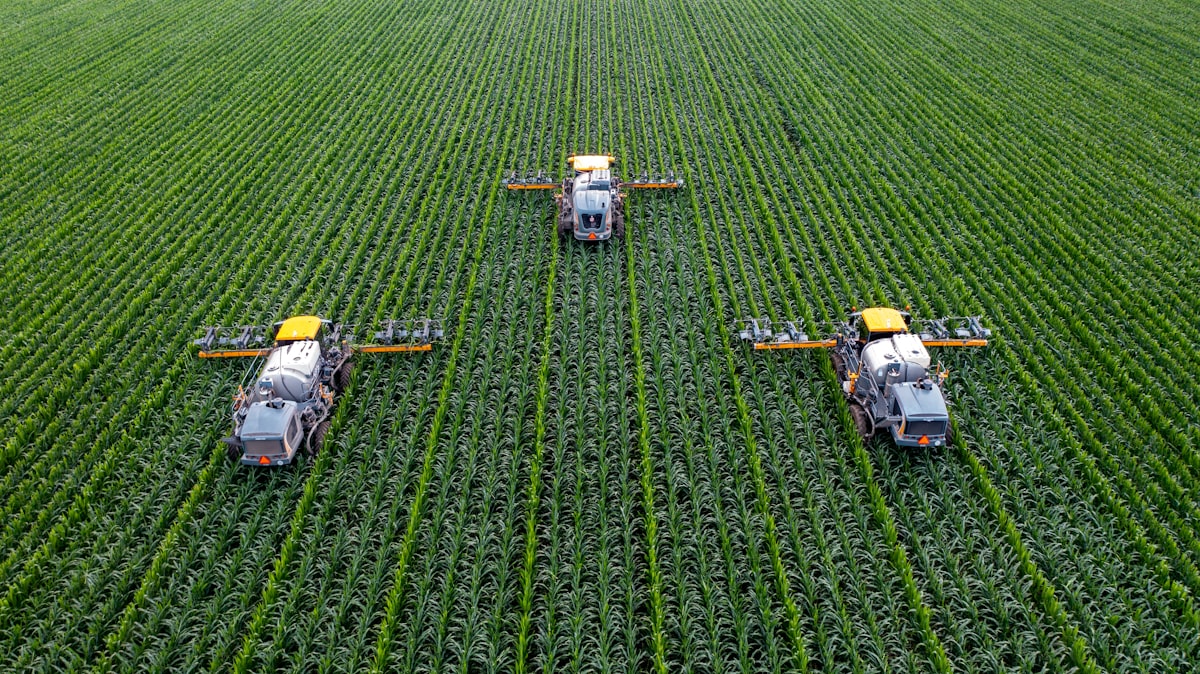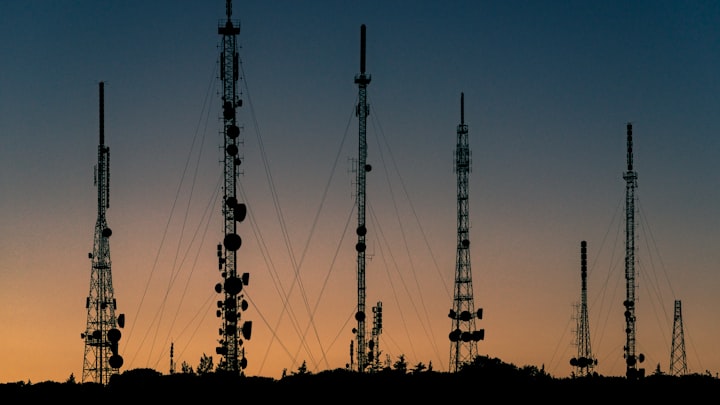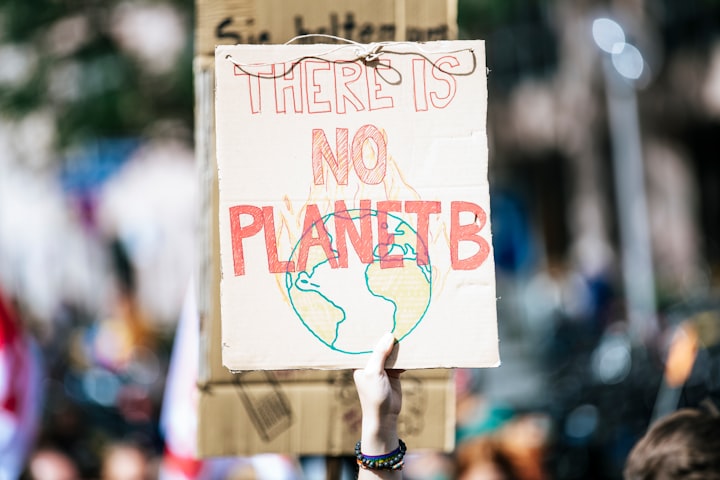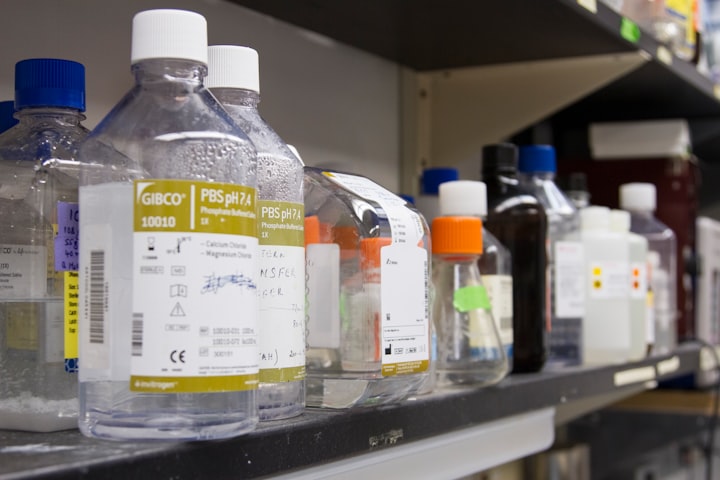Scope 3 Emissions in the Agriculture Sector: An Expert's Deep Dive into Supplier Dynamics Amidst the Global Push for Sustainable Food Systems

The agriculture sector, the bedrock of human sustenance and a major driver of global economies, is at the epicenter of the sustainability discourse. As the world grapples with the dual challenges of feeding a growing population and mitigating climate change, the agricultural industry's Scope 3 emissions emerge as a critical concern. This article offers a comprehensive exploration for sustainability specialists, shedding light on the intricate dynamics of agricultural supply chains, the evolving demands of consumers and stakeholders, and the complex regulatory landscape shaping the future of farming.
1. Dissecting the Scope 3 Conundrum in Agriculture:
Agriculture's Scope 3 emissions encompass a broad spectrum:
- Input Production: Emissions from the production of agricultural inputs such as fertilizers, pesticides, and seeds.
- Logistics: Emissions associated with the transportation of agricultural products from farms to processing units, markets, or ports.
- Post-harvest Operations: Emissions from storage, processing, and packaging of agricultural produce.
- End-of-life: Emissions from the disposal or recycling of agricultural waste and by-products.
2. Supplier Dynamics: The Greening of the Agricultural Chain:
The agricultural supply chain is undergoing a profound transformation:
- Sustainable Farming Practices: Adoption of practices like agroforestry, conservation tillage, and organic farming to reduce emissions.
- Precision Agriculture: Leveraging technology to optimize the use of inputs, thereby minimizing waste and emissions.
- Crop Diversification: Promoting a diverse range of crops to enhance soil health and reduce dependency on emission-intensive inputs.
3. The Evolving Consumer and Stakeholder Landscape:
Consumer and stakeholder expectations are reshaping agricultural practices:
- Demand for Organic Produce: A growing segment of consumers prefer organically grown food, driving demand for sustainable farming practices.
- Traceability and Transparency: Consumers and stakeholders seek clarity on the origin of their food and the sustainability practices adopted in its production.
- Regenerative Agriculture: A push towards farming practices that not only reduce emissions but also rejuvenate the environment.



